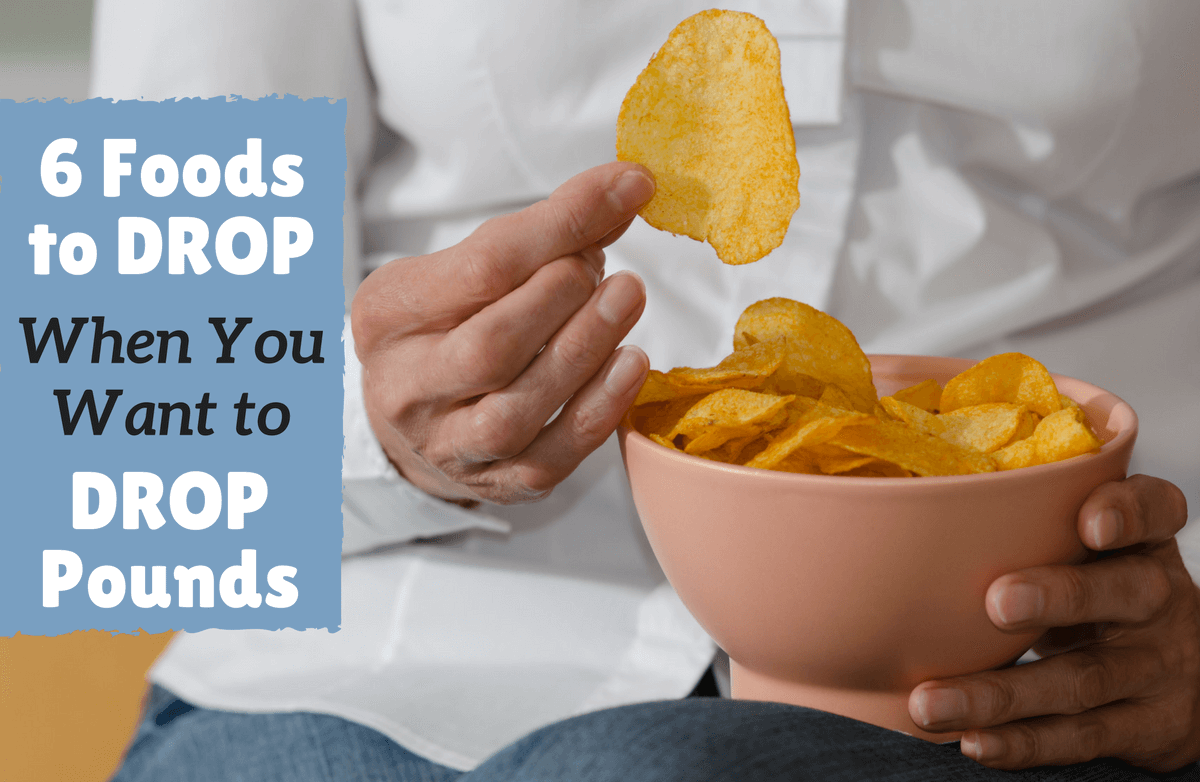|
Everyone seems to be on a gluten-free diet, and new gluten-free products keep cropping up on store shelves. But is gluten really bad for you? And can nixing it help you lose weight? “Many people are misinformed about who should be on a gluten-free diet,” says KT Park, MD, a clinical researcher and gastroenterologist at Lucile Packard Children’s Hospital at Stanford University in Palo Alto, CA. “Unless you have celiac disease or another medical reason to avoid gluten, a gluten-free diet isn’t beneficial.” So before loading your shopping cart with gluten-free foods, here’s what to keep in mind. 1. Some folks need to go gluten-free. About 1% of people have celiac disease, a hereditary autoimmune reaction to eating gluten, a protein found in wheat, rye and barley. Symptoms include abdominal pain, diarrhea, bloating and damage to the small intestine’s lining. Celiac disease is diagnosed with a blood test, looking for celiac-specific antibodies, and an intestinal biopsy. The only treatment: avoiding all gluten-containing products. People with celiac disease who continue eating gluten have a higher risk of certain serious conditions, like osteoporosis, anemia and some cancers, says Dr. Park. 2. Others may benefit from going gluten-free. Experts believe about 6% of people have gluten sensitivity. The symptoms mimic celiac disease, but blood tests don’t show celiac-specific antibodies and biopsies don’t reveal intestinal damage. Because research on gluten sensitivity still is emerging, treatment depends on the person, says Dr. Park. For example, your doctor may suggest trying a gluten-free diet and keeping a symptom diary. 3. Going gluten-free doesn’t help most people. “There’s no medical evidence that avoiding gluten is a healthier way to eat,” says Molly Cooke, MD, president of the American College of Physicians. What if you feel healthier on a gluten-free diet? “If you’re eating more brightly colored foods, such as fruits and vegetables, and eating fewer processed foods, like white bread, you may feel better because you’re eating more nutritiously—not because you’re avoiding gluten,” explains Dr. Cooke. 4. Avoiding gluten doesn't promote weight loss. Despite celebrities who swear going gluten-free sheds pounds, it’s not a magic bullet. “There’s no scientific evidence to show that removing gluten from your diet results in weight loss,” says Rachel Begun, a registered dietitian specializing in gluten-related disorders. In fact, many gluten-free foods have extra sugar and fat to improve their taste, which could make you gain weight, adds Dr. Park. Read more about Going Gluten-Free from Woman's Day. More from Woman's Day: Share your experience with eating a Gluten-Free diet. What do you think? |
More From SparkPeople
|

.png)


















